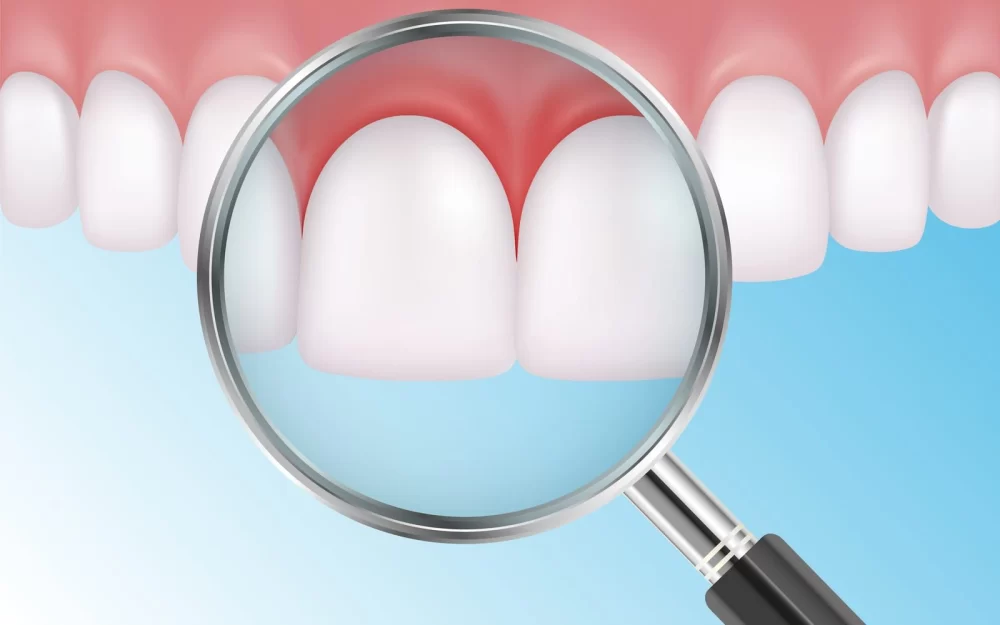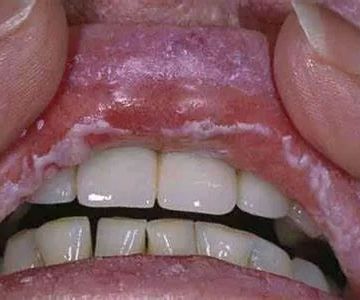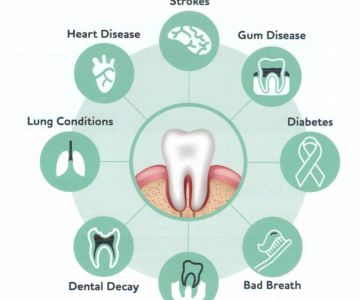
Recognizing the Differences: Is This Oral Cancer or Periodontal Disease?
When it comes to oral health, distinguishing between oral cancer and periodontal disease can be challenging but is essential for timely and effective treatment. Both conditions affect the mouth, but they have different causes, symptoms, and treatment approaches. Understanding the key differences helps individuals take the right steps for their health and avoid complications.
In the United States, oral cancer remains a serious health concern, with thousands of new cases diagnosed yearly. At the same time, periodontal disease affects nearly half of adults over 30, often silently damaging gums and teeth. This overlap of prevalence makes awareness crucial.
1. What Is Periodontal Disease?
Periodontal disease, commonly known as gum disease, is an infection of the tissues surrounding the teeth. It usually begins with plaque buildup, leading to inflammation (gingivitis) and, if untreated, progresses to periodontitis, where gums pull away from teeth forming pockets that become infected.
Typical symptoms include red, swollen, or bleeding gums, bad breath, and loose teeth. If ignored, it can lead to tooth loss and has been linked to systemic issues like heart disease and diabetes.
2. What Is Oral Cancer?
Oral cancer refers to malignancies that develop in the mouth or throat. It often appears as persistent sores, lumps, or thickened areas on the tongue, lips, or inside the mouth. Early stages might be painless, making it easy to overlook.
Risk factors include tobacco use, heavy alcohol consumption, human papillomavirus (HPV) infection, and prolonged sun exposure to lips. Early detection dramatically improves survival rates.
3. Similarities That Cause Confusion
Both conditions can present with mouth sores, bleeding, and discomfort, which often causes people to wonder, “Is this oral cancer or periodontal disease?” Inflammation and gum changes are common to both, but oral cancer typically involves abnormal tissue growth or persistent ulcers that do not heal.
For example, Mark, a 52-year-old from Texas, noticed a sore on his cheek that wouldn’t heal. Initially assuming it was gum irritation from periodontal disease, he delayed seeing a doctor. The lesion was later diagnosed as oral cancer, underscoring the importance of professional evaluation.
4. How to Identify the Warning Signs
Awareness of distinct signs can guide when to seek immediate dental or medical advice:
4.1 Warning Signs of Periodontal Disease
- Bleeding gums during brushing or flossing
- Swollen, tender, or receding gums
- Persistent bad breath
- Loose or shifting teeth
4.2 Warning Signs of Oral Cancer
- Persistent sores or ulcers that do not heal within two weeks
- Lumps, thickened patches, or white/red areas inside the mouth
- Pain or difficulty swallowing
- Numbness or unusual sensations in the mouth or lips
- Unexplained bleeding
5. When to See a Professional
Any persistent oral changes warrant a dental or medical examination. Dentists often perform routine screenings for oral cancer and assess gum health to catch diseases early. Biopsies and imaging tests help confirm diagnoses.
Early intervention is crucial—periodontal disease can be managed and reversed in early stages, while oral cancer treatment success rates are higher with prompt detection.
6. Treatment Options and Management
Treatment for periodontal disease focuses on professional cleaning, improved oral hygiene, and in advanced cases, surgical interventions. Oral cancer treatments include surgery, radiation, chemotherapy, or a combination depending on the stage.
Integrating regular dental checkups, maintaining excellent oral hygiene, and avoiding tobacco and excessive alcohol reduce risks for both conditions.
Protecting Your Oral Health
Understanding whether symptoms indicate oral cancer or periodontal disease is vital for your health. If you notice any unusual changes in your mouth, do not delay in consulting a healthcare professional.
For expert diagnosis, treatment, and personalized oral health advice, visit Dentistry Toothtruth. Their experienced team provides comprehensive care to help you maintain a healthy, confident smile.






 Westgate Dental Arts3.0 (2 review)
Westgate Dental Arts3.0 (2 review) Coventry Family Dental4.0 (247 review)
Coventry Family Dental4.0 (247 review) Familia Dental3.0 (1028 review)
Familia Dental3.0 (1028 review) Dr. Daniel S. Fife, DDS4.0 (31 review)
Dr. Daniel S. Fife, DDS4.0 (31 review) Dentistry At Suburban Square: Michael I. Wollock, DMD4.0 (1228 review)
Dentistry At Suburban Square: Michael I. Wollock, DMD4.0 (1228 review) Comfort Care Dental4.0 (1156 review)
Comfort Care Dental4.0 (1156 review) The Importance of Oral Health Education During Pregnancy for a Healthy Pregnancy
The Importance of Oral Health Education During Pregnancy for a Healthy Pregnancy Best Tips for Brushing Your Teeth Properly for Healthy Gums: Essential Techniques for Oral Health
Best Tips for Brushing Your Teeth Properly for Healthy Gums: Essential Techniques for Oral Health Why Skipping Dental Checkups Can Lead to Bigger Oral Health Problems
Why Skipping Dental Checkups Can Lead to Bigger Oral Health Problems Advantages of Porcelain Dental Restorations
Advantages of Porcelain Dental Restorations How Can Diabetes Cause Tooth and Gum Problems? Preventing and Managing Oral Health Issues
How Can Diabetes Cause Tooth and Gum Problems? Preventing and Managing Oral Health Issues Healthy Habits for Promoting Good Oral Health and Hygiene: Tips for a Healthy Smile
Healthy Habits for Promoting Good Oral Health and Hygiene: Tips for a Healthy Smile